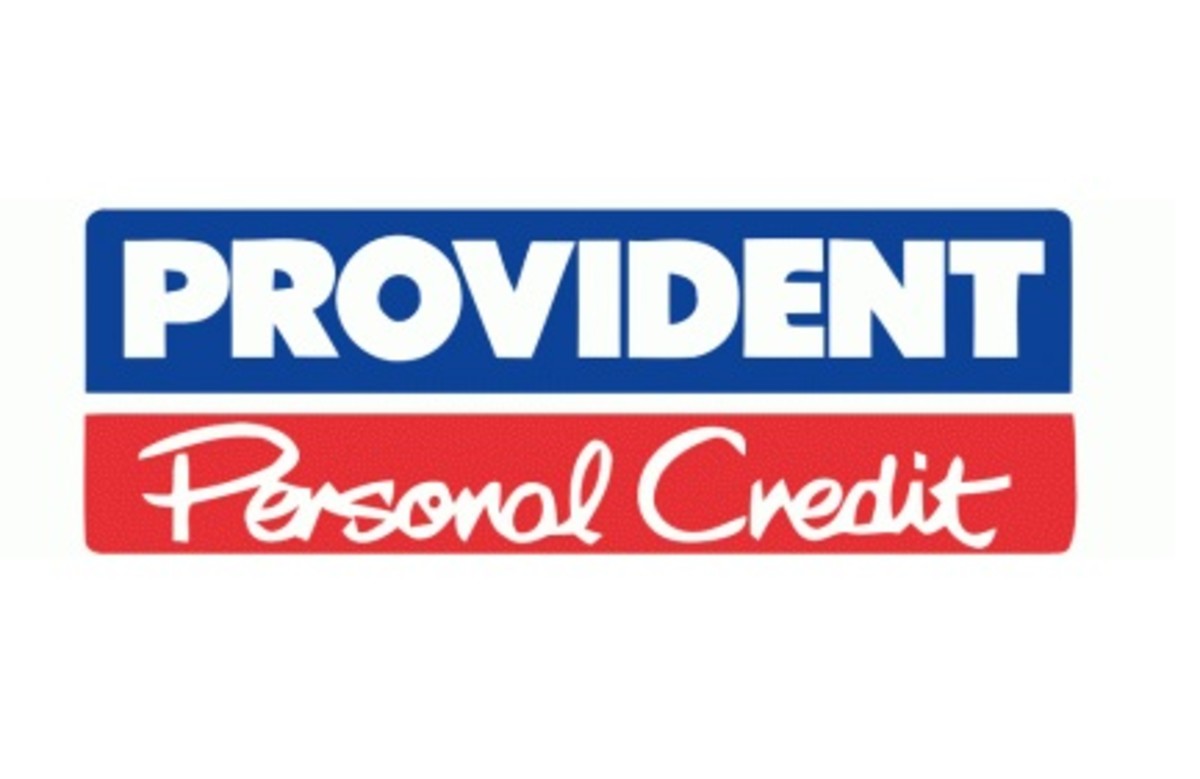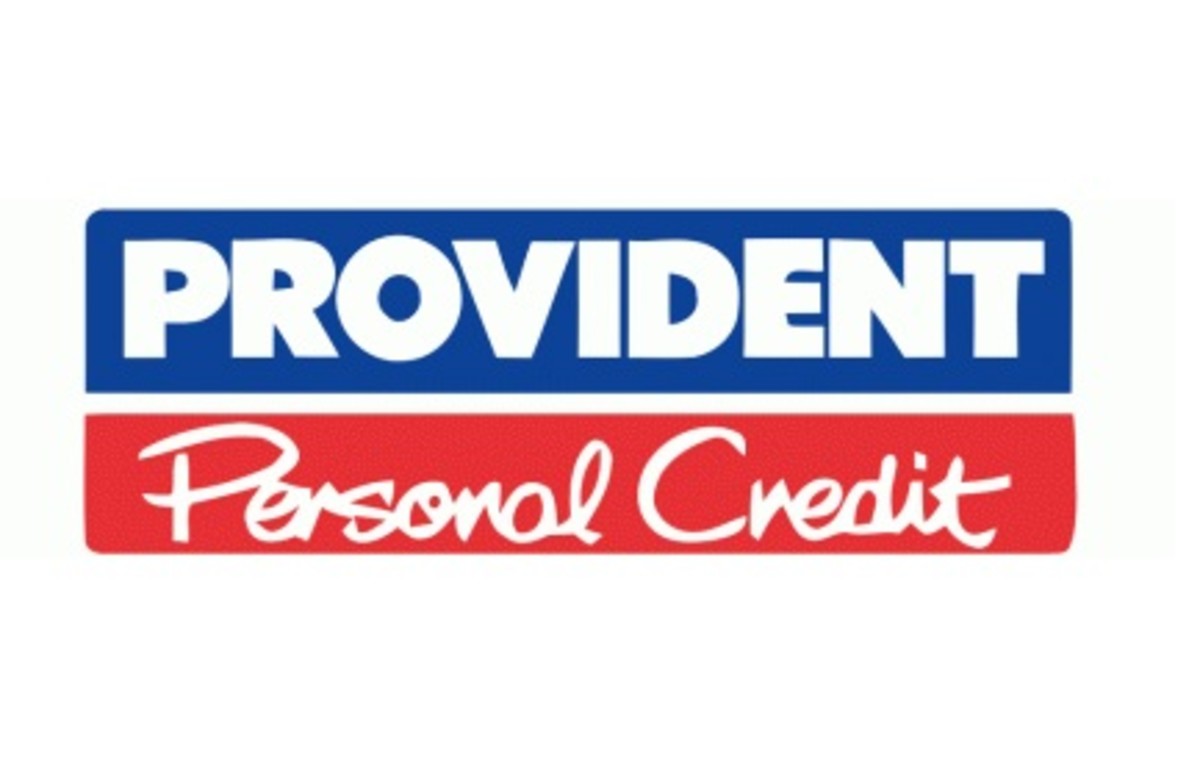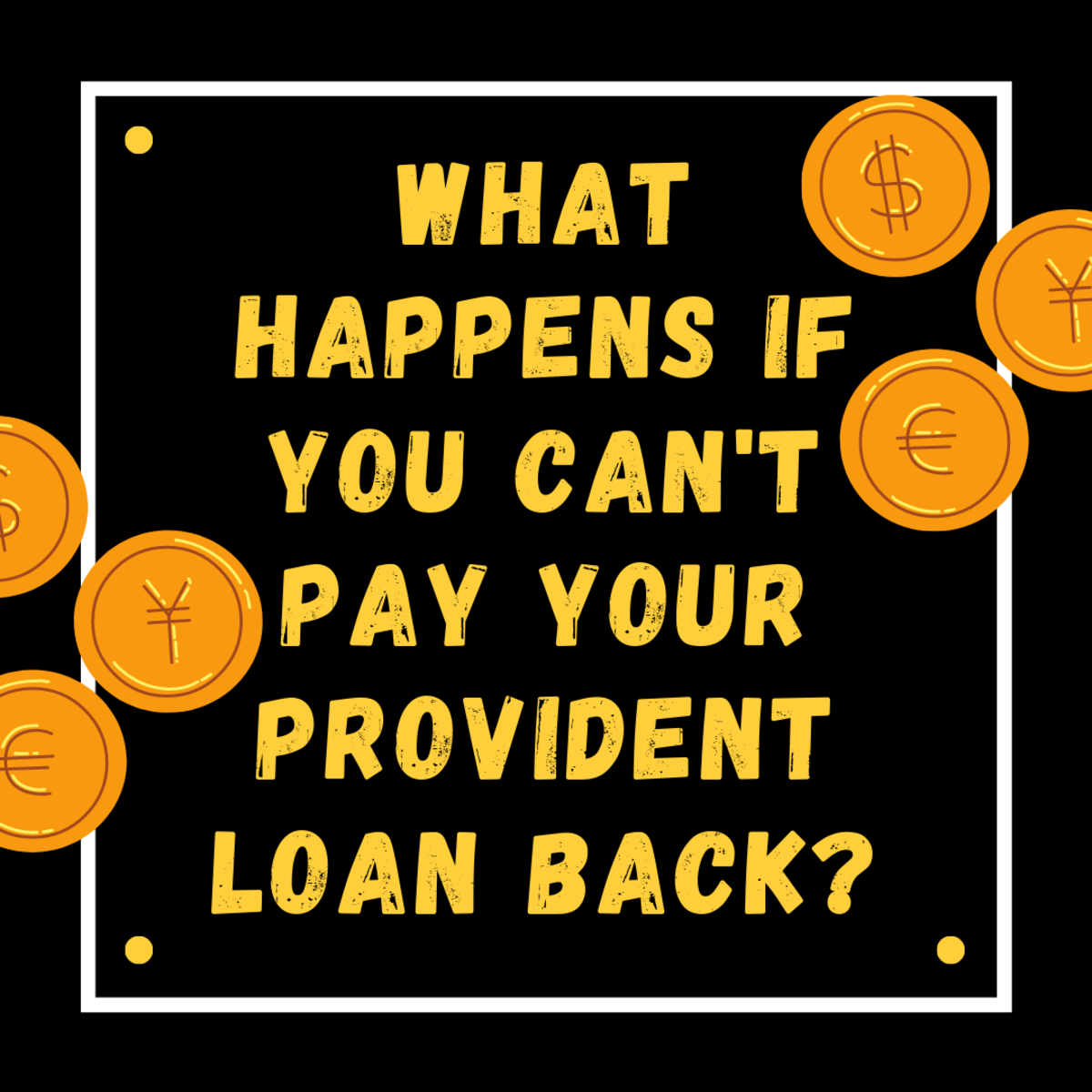Should I Consolidate Student Loans?
Would You Consolidate Your Student Loans?
Student loans are unique in comparison to other loans. They have different interest rates and offer different repayment options in comparison with other loans. There are even ways to get your student loans forgiven so that you don’t have to pay them at all. Still, some of the decisions that you need to make about student loans are similar to the decisions you would make about other loans. For example, you may come to a point in your loan repayment when you are considering the option of consolidating your student loans. Should you? It depends.
Here are some questions to ask yourself as you consider the option of student loan debt consolidation:
Why Do I Want To Consolidate My Loans?
Some of the most common reasons students choose to consolidate their loans include:
o Trouble making the monthly payments. Debt consolidation can lower your monthly payment that is due so that you can more easily manage repayment of your loans. However, do know that there are sometimes other ways to restructure your loan repayment on a student loan so consolidation is not your only option.
o Tired of paying several bills at different times each month. Debt consolidation allows you to make one payment each month instead of paying different lenders. If you have problems keeping your finances in order then this could be a good reason to consolidate.
What Is The Interest Rate on Each Loan?
It is very important to consider what the interest rate is on each loan. In many cases, the majority of the student loans will have a low interest rate but there will be a few that have higher interest rates. The reason that this is important is because you never want your debt consolidation to cause the interest on your principal to increase. In other words, you never want to consolidate a loan to an interest rate that is higher than the one you’re already paying. So, if you have three loans and one is at a 2% interest rate and the others are for 7% and the consolidation offer is for 5% then you would leave that low interest rate loan out of the consolidation because you want to pay as little as possible for interest on each loan.
Who Is Offering the Consolidation Loan?
This might be even more important to consider than the interest rate on the loan. That’s because there are federal consolidation offers and then there are offers made by private companies. You never want to take a federal student loan and make it into a private loan through debt consolidation. That’s because federal student loans offer you a range of benefits including payment restructuring and loan deferment. These benefits typically aren’t offered when you get a private loan. You don’t want to lose those benefits just to get a slightly lower interest rate. So, if you want to consolidate your debt then you should look for a federal debt consolidation offer. Alternatively, you may simply keep your private and federal loans separate and only consolidate your existing private loans through a private lender.
What Will the Total Cost of Loan Repayment Be?
You need to get out your calculator and do some math before you decide to do student loan debt consolidation. That’s because doing so can sometimes greatly increase the total amount of money that you owe on the loan. You may pay less each month when you consolidate the debt but if the consolidation extends your repayment for a significant period of time then the total amount of money that you pay in the long run could be a lot higher. Do the numbers to figure out how much you’ll pay over time on your current plans and how much you’ll pay over time with the debt consolidation. Weigh the benefits of smaller monthly payments against this total cost increase over the lifetime of the loan to make a smart decision about whether or not debt consolidation is the right path for you to take.
What Does The Fine Print Say?
The debt consolidation loan may not seem like a very serious loan to you. That’s because you’re not taking out any new money so you’re just restructuring the way that you are repaying money that you already owe. As a result of this, you may fail to look carefully at the terms of the debt consolidation loan. This is a huge mistake. Make sure that you read the fine print and understand all of the terms of the new loan before you agree to the debt consolidation. Even though you’re not taking out any new money, you re making changes that can greatly affect your financial future. Those changes should be reviewed seriously before you make them.
Will I Have More of a Need to Consolidate in the Future Than I Do Now?
Many people don’t realize it but it is often impossible to consolidate your student loan debt more than one time. You get one chance to put all of your loans together and if you don’t do it right the first time then that’s too bad. There are exceptions to this, of course, especially if you are willing to work with private lenders. Nevertheless it is important to consider the timing of your debt consolidation. If you believe that you may have more of a need to consolidate the debt in the future and you aren’t having any trouble making payments now then you might want to consider putting off your student loan debt consolidation until you really need it.








